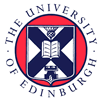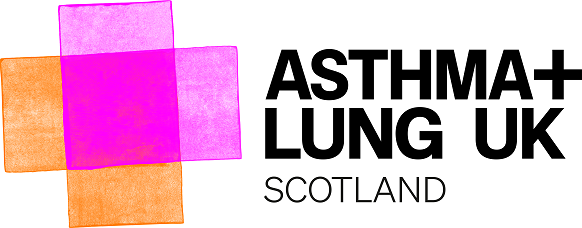One definition of relaxation is: a state of being free from tension and anxiety.
Relaxation is about resting your mind and body. It is an important part of taking care of yourself. It is a useful method for managing anxiety, stress and the fight/flight response.
View text alternative
- Heart: Adrenalin triggers increased heart rate and faster pulse feeding more blood to the muscles, preparing the body to cope with the stressful situation (fight or run away).
- Stomach: Digestion slows down or ceases as blood is directed away from the stomach and this can cause nausea, indigestion, or the feeling of butterflies in your stomach.
- Lungs: Breathing can become faster and shallower as oxygen is supplied to the muscles. This can cause breathlessness, chest pains, tingling, palpitations as the body prepares itself to fight or run away.
- Neck and shoulders: Neck and shoulder muscles can tense as your body prepares itself to fight or run away. This can trigger aching and tightness in neck / shoulders and back.
- Body and skin: Adrenalin causes blood vessels in your skins surface to open up making you to feel hot. Sweating is the body’s natural way of cooling itself down.
- Legs: Muscles tense as the body prepares itself to fight or run away. This can trigger shaking or trembling in the body.
- Bladder and bowels: muscles in the bladder or bowels relax and can cause you to rush to the toilet.
- Brain: you can only think about the stressful situation and problem solving becomes more difficult. As an automatic response to this you may also get a dry mouth.
There are many different types of relaxation and we will only discuss some types on the following pages including:
- Everyday Relaxation.
- Simple Relaxation.
- Visualisation.
It does not matter which type of relaxation you use. Everyone will have their own favourites. The important thing is to find a way to relax and rest your body and mind.





